Forecasting and adapting to the family medicine workforce shortage
The Health Policy Exchange
MARCH 26, 2014
In the mid-1990s, the American Medical Association confidently predicted that the penetration of managed care would lead to a large "physician surplus" and convinced Congress to cap the number of graduate medical education (GME) positions subsidized by the Medicare program. Two decades later, there is a widespread consensus that the U.S.

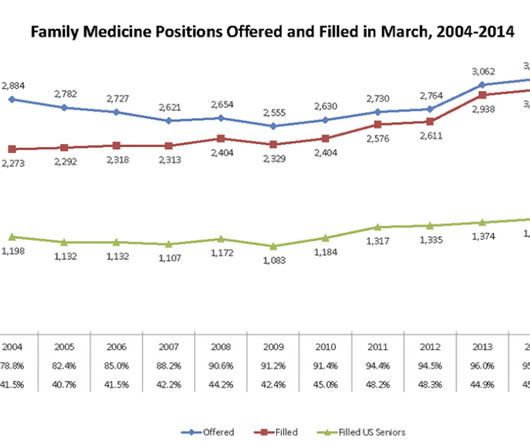
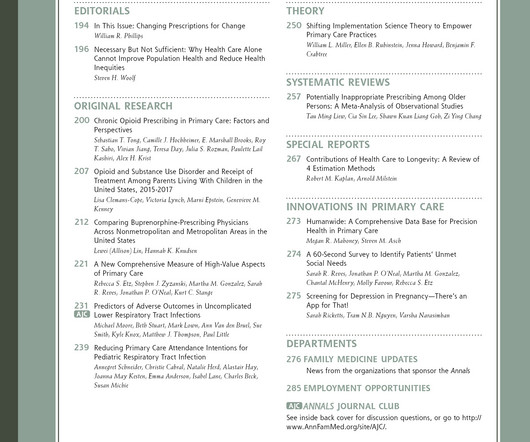
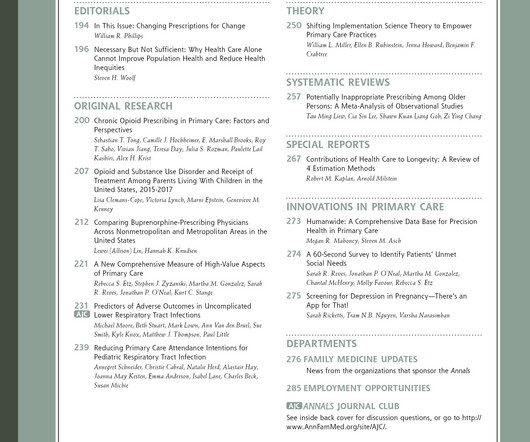
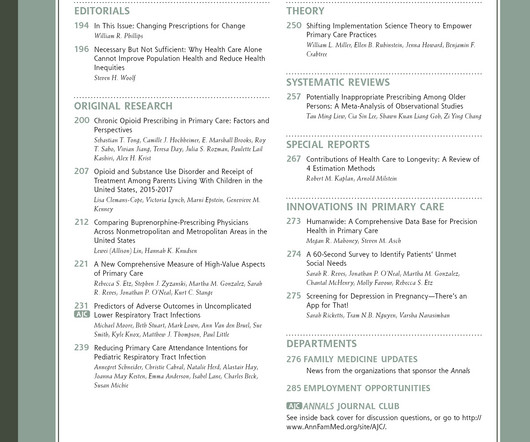
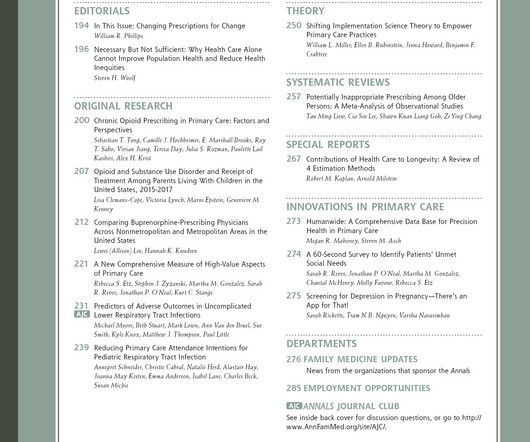
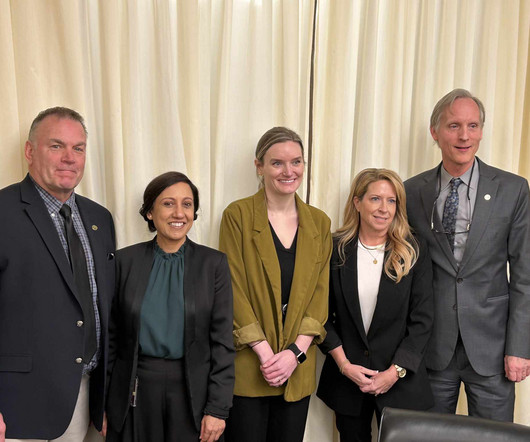






Let's personalize your content